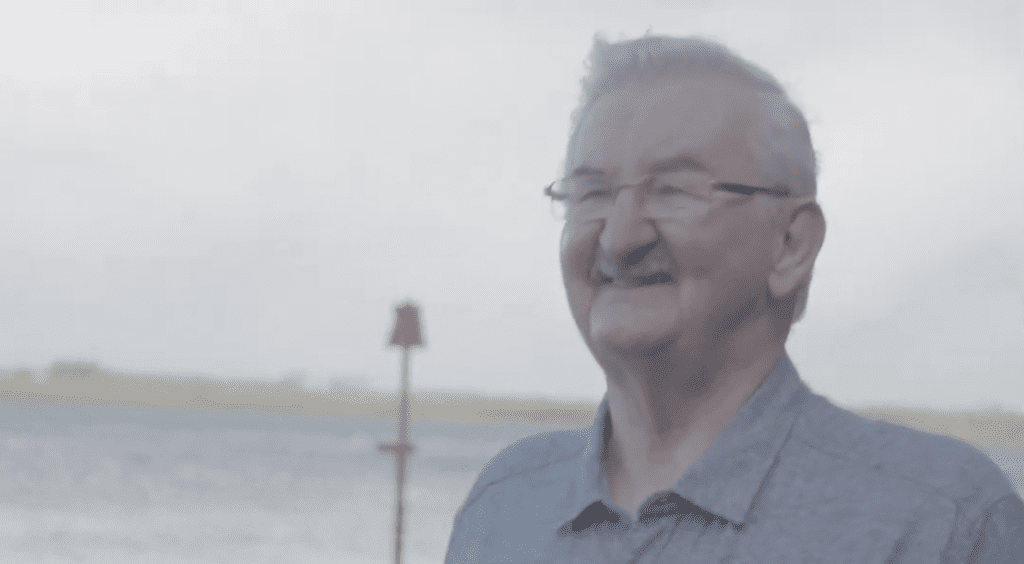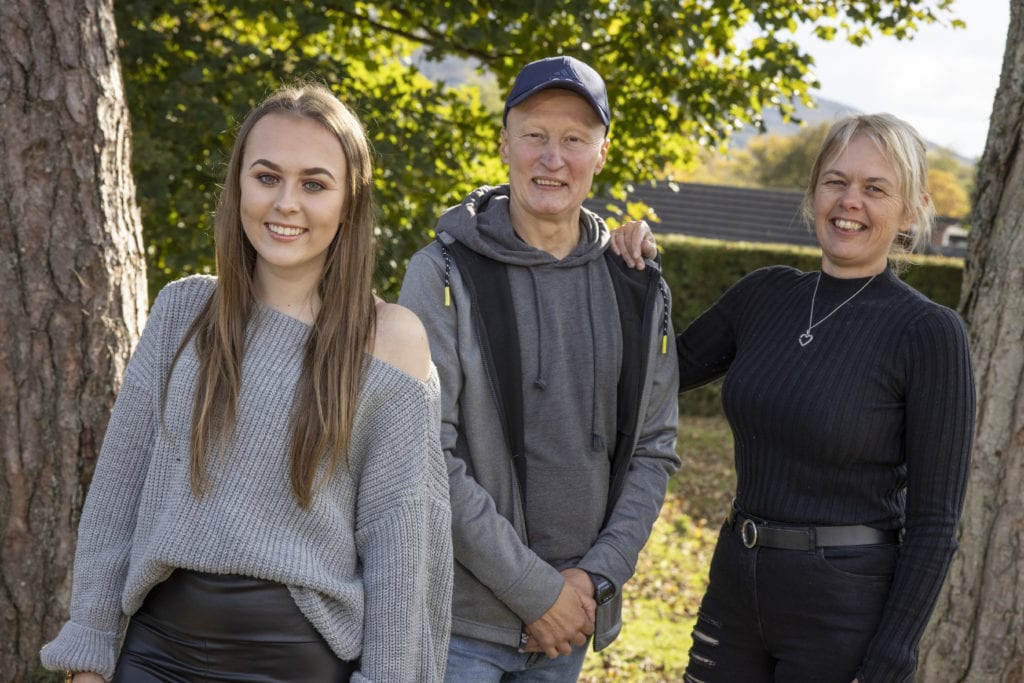Figures from a Wales Omnibus Survey show that less than half of Welsh adults are confident in giving cardiopulmonary resuscitation (CPR).
Further data shows that one of the main reservations behind not performing CPR is that the people are worried that they would make matters worse.
This National Heart Awareness Month, people across Wales are being encouraged to become BLS certified or refresh their lifesaving CPR skills, to help increase survival rates after cardiac arrests.
A patient’s chance of surviving a cardiac arrest either at home or in the community will decrease by 10% with every passing minute if CPR is not performed. So, having the confidence to act immediately whilst waiting for the ambulance is critical.

Gwyn Roberts, from Caernarfon, was taking his car for a service in February 2020, when he lost consciousness, following a cardiac arrest.
Thankfully, a passer-by witnessed Gwyn collapse, dialled 999 and was directed to start CPR immediately. Local people at the scene joined in to perform CPR and use a defibrillator, which thankfully brought Gwyn back.
Gwyn said: “I am incredibly lucky to have been in the right place, at the right time, surrounded by the right people. To each person that helped save my life, may I extend my eternal gratitude.”

Wyn Hope, from Rhayader, was at home when he became tired and his arms started to feel numb. Despite being fit and healthy, and not having had any previous heart problems, Wyn knew right away that something was very wrong.
Wyn’s young daughter ran down to the local garage to get help from his friend, Andrew. Andrew started performing CPR on Wyn immediately until the defibrillator arrived and he was able to successfully resuscitate Wyn’s heart.
Wyn said: “If Andrew hadn’t been there when I had my cardiac arrest and hadn’t been able to start CPR right away then I wouldn’t be here today. Things move so quickly with a cardiac arrest that you cannot wait for the paramedics. You need people around you who know what they’re doing.”
Save a Life Cymru is encouraging everyone to learn or refresh their CPR and defibrillator skills through an online training video.
From the same research, it has been shown that that only 23% of respondents reported to have undergone any training to use a defibrillator.
Defibrillators are easy to use and will give simple to follow audio and visual commands. But more importantly they will only defibrillate a patient who is in cardiac arrest.
Len Nokes, Emeritus Professor and Chair of Save a Life Cymru said “Wales has one of the lowest survival rates in Europe, a figure we want to change. The statistics show that we needed to give people in Wales, access to training to help increase their confidence in performing CPR and using defibrillators.
“CPR is a fundamental skill that everyone should be capable of performing. It could save someone’s life. Don’t be afraid of using a defibrillator. You can’t harm and it dramatically increases the chance of survival “
